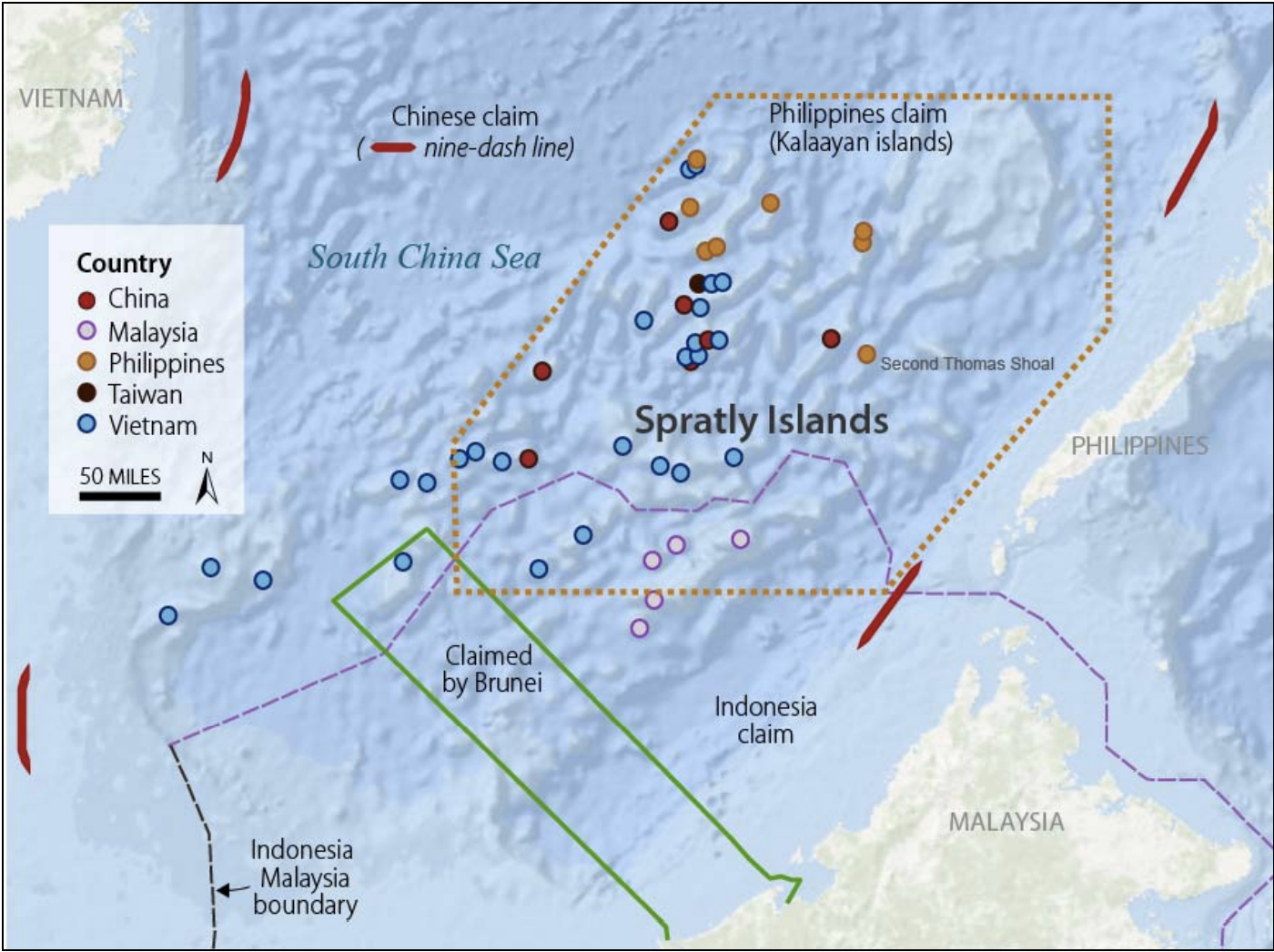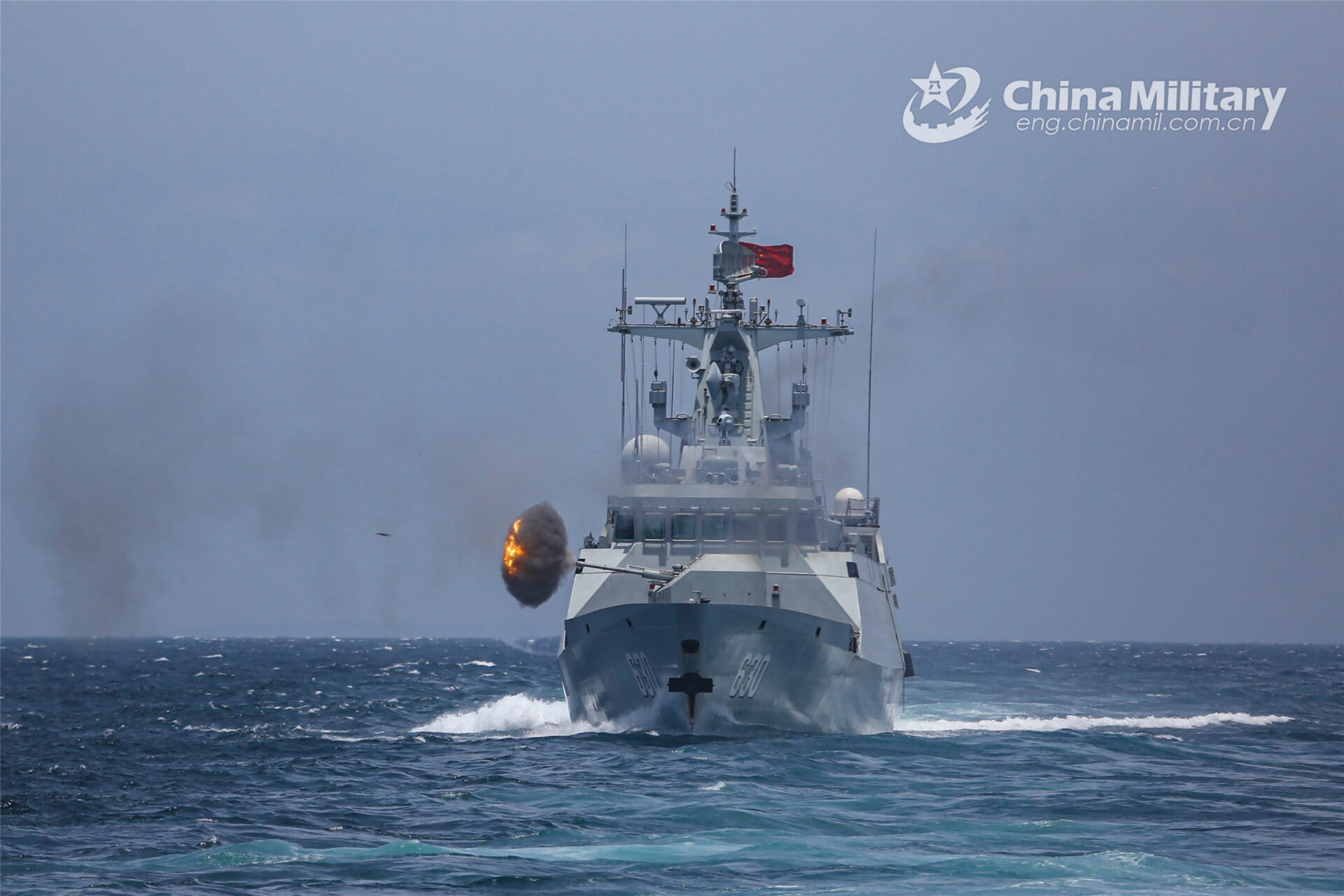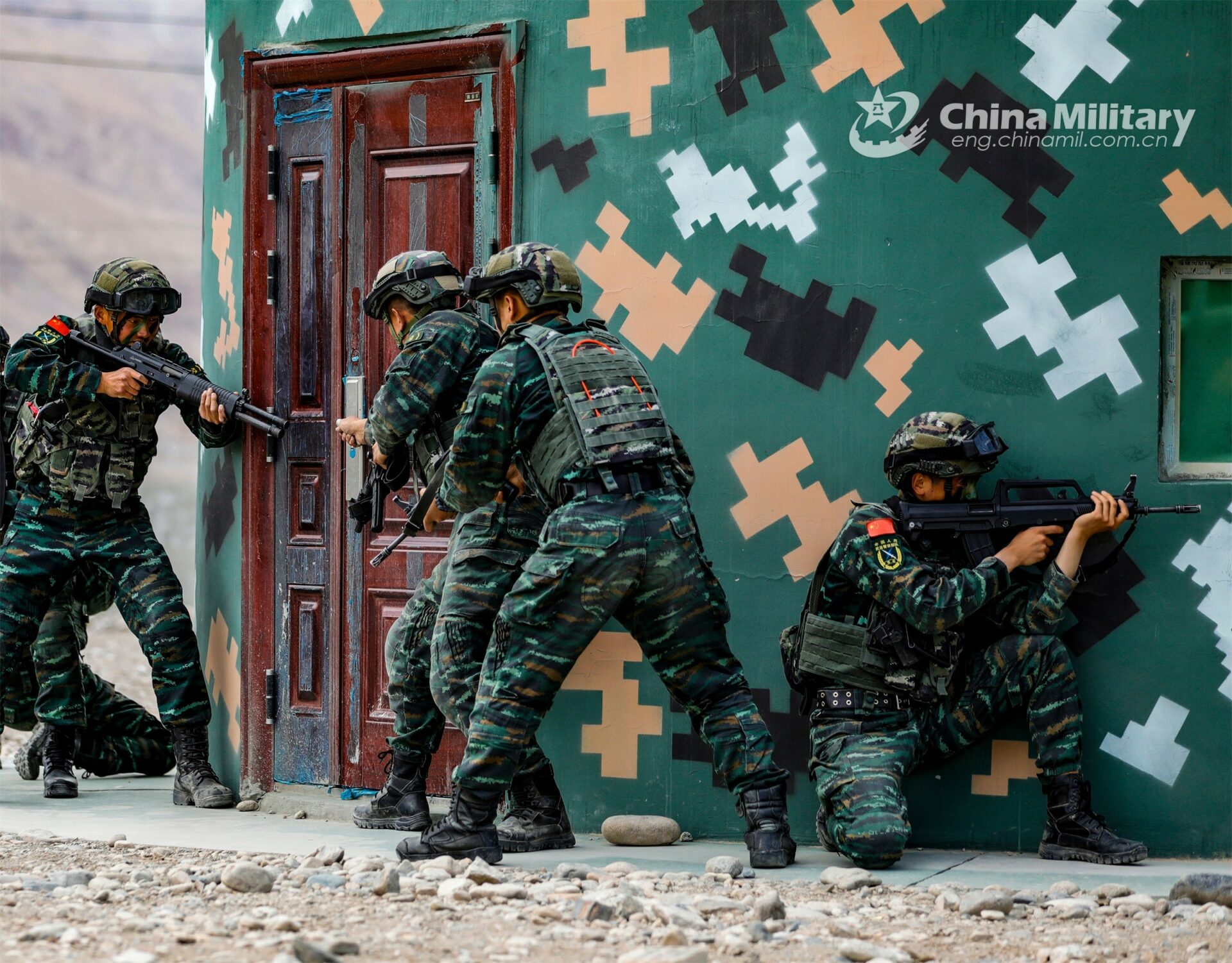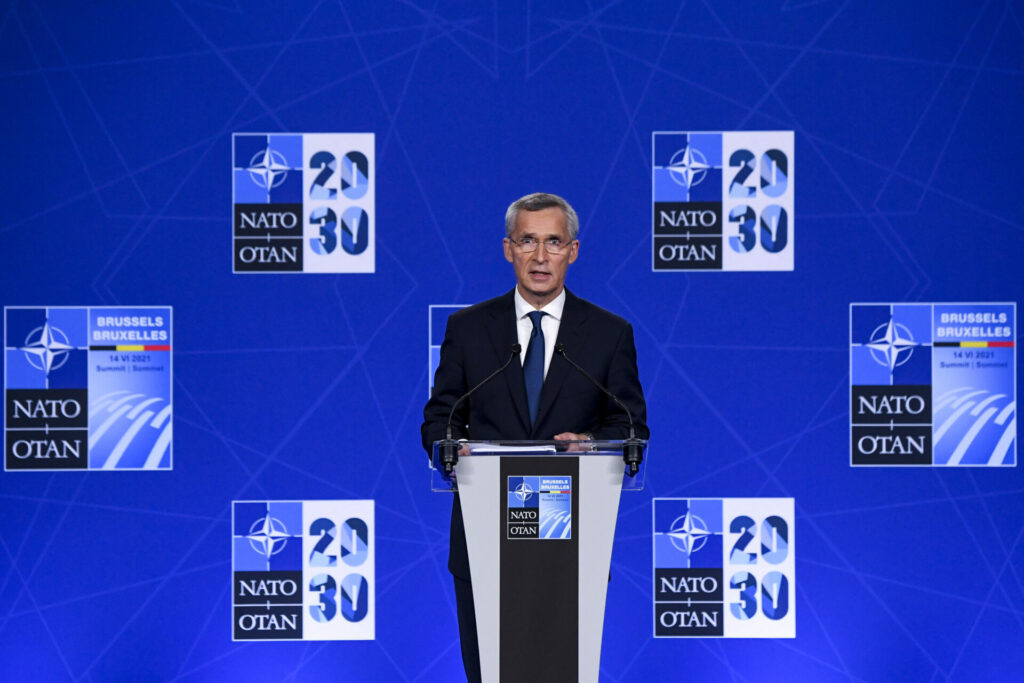At the NATO summit in Madrid on 28 June, NATO members reaffirmed their modus operandi, committing to “safeguard the freedom of security of Allies” as well as safeguarding freedom and democracy. In its 2022 Strategic Concept document, the alliance singled out two nations as the biggest threat to member nations- Russia, and new inclusion- China.
This is the first time that NATO has explicitly announced its intention to oppose Chinese “challenges.”
While the conflict between NATO’s allies and Russia are clear to see, mounting tensions and geopolitical games with China have increasingly gone under the radar. In recent years, China has rapidly expanded its soft power across Europe and Africa, as well as bolstering its military power around the South China Sea and Taiwan.
It states that the actions by the People’s Republic of China (PRC); which may include recent military provocations in Taiwan, aggressive naval claims under its nine-dash line, and widespread espionage and cyberwarfare against Western institutions, challenge the alliance’s “interests, security, and values.”
“The PRC employs a broad range of political, economic, and military tools to increase its global footprint and project power, while remaining opaque about its strategy, intentions, and military build-up,” the document states.

China is actively disputing the Spratly Islands, claiming large parts of the South China Sea with it's nine-dash line claims. China has constructed artificial islands and airbases to uphold its claims. Credit: Kaidth12/ Wikimedia Commons
Chinese 'challenges'
The European Union as previously described China as a “systemic rival” to the bloc, while the UK has opted for “systemic competitor.” NATO has now upped the rhetoric, directing labelling the PRC as a challenge to be confronted. “We will work together responsibly, as Allies, to address the systemic challenges posed by the PRC to Euro-Atlantic security.”
China has reacted strongly to the NATO declaration. In a statement published by the Chinese Mission to the EU on 30 June, representatives suggested that it was in fact NATO who posed a threat.
“Who’s challenging global security and undermining world peace? Are there any wars or conflicts over the years where NATO is not involved?,” the statement read.

A frigate attached to a flotilla with the navy under PLA Southern Theater Command fires its main gun at maritime target during a combat training exercises on June 13, 2022 Credit: China Military Online
Throughout Russia’s invasion of Ukraine, China has refrained from explicitly condemning Russia’s aggression. It has repeatedly called for de-escalation and diplomacy, while repeatedly making statements relating to shared “core interests concerning sovereignty and security” between China and Russia. China also maintains that NATO is the core reason behind Russia’s unprovoked attack on Ukraine.
The NATO blueprint document explicitly states that there is a “deepening partnership between the People’s Republic of China and the Russian Federation,” which is attempting to “undercut the rules-based international order.” China has denied all allegations of Chinese-Russian military ties, accusing NATO of “cold war mentality and ideological bias.”
East and West at loggerheads
Security think-tank, the Royal United Services Institute (RUSI), states that the ultimate goal of Chinese foreign policy is to promote a weakened European foreign policy. “Despite Beijing’s vocal support for European strategic autonomy, a disunited and weak Europe is in China’s interests,” the group says.
The think-tank also suggests that its attempt to distance itself from the war in Ukraine is an attempt to urge Europe to stop supporting U.S attempts to prevent Chinese expansion in the Indo-Pacific ocean. In a statement issued on 1 March, Chinese authorities warned against “the introduction of bloc confrontation into the region by the United States.”

Special operations soldiers assigned under the People's Armed Police Force (PAP) Xinjiang Corps get ready to break through a door during the combat training on May 18, 2022 Credit: China Military Online.
China is now repeating its accusations of NATO’s desire to create deliberate confrontations between geo-political “blocs.”
Related News
“NATO is a Cold War remnant and the world’s largest military alliance. Thirty years after the end of the Cold War, it has not yet abandoned its thinking and practice of creating “enemies” and engaging in bloc confrontation…it is NATO that is creating problems around the world,” Chinese diplomats stated.
Despite the tense rhetoric, NATO has still left the door open to future negotiations and cooperation with China. “We remain open to constructive engagement with the PRC, including to build reciprocal transparency, with a view to safeguarding the Alliance’s security interests,” the statements said.
In an address at the Madrid Summit, NATO Secretary General Jens Stoltenberg added nuance to the statements issued by the alliance, stating that China was “not our adversary” but that NATO should be “clear-eyed about the serious challenges it represents.”
1 July marks the 25th year of the hand-over of Hong Kong from the United Kingdom to China. After severe crackdowns and repression against pro-democracy activists, effectively criminalising any political opposition and ending HK democracy, China appears to have brought the region to heel, organising lavish celebrations during Chinese premier XI Jingping's visit to the territory.
Brussels authorities have cancelled plans to allow China to use the city's iconic Manneken Pis to celebrate the occasion, which pro-democracy activists view as the beginning of the end of democracy in the so-called Special Administrative Regions.

